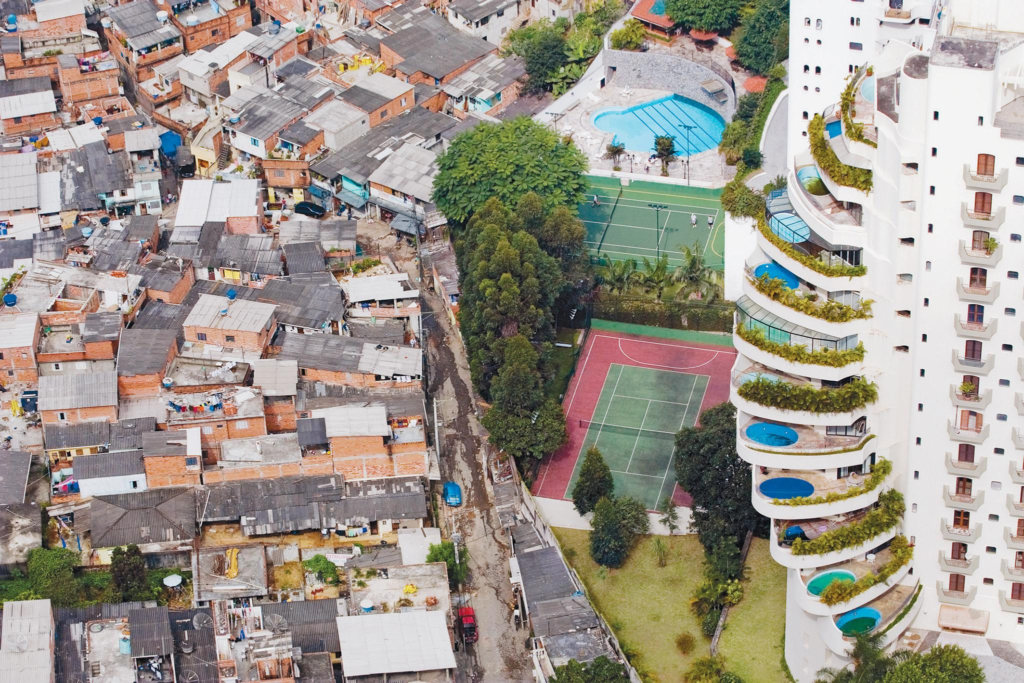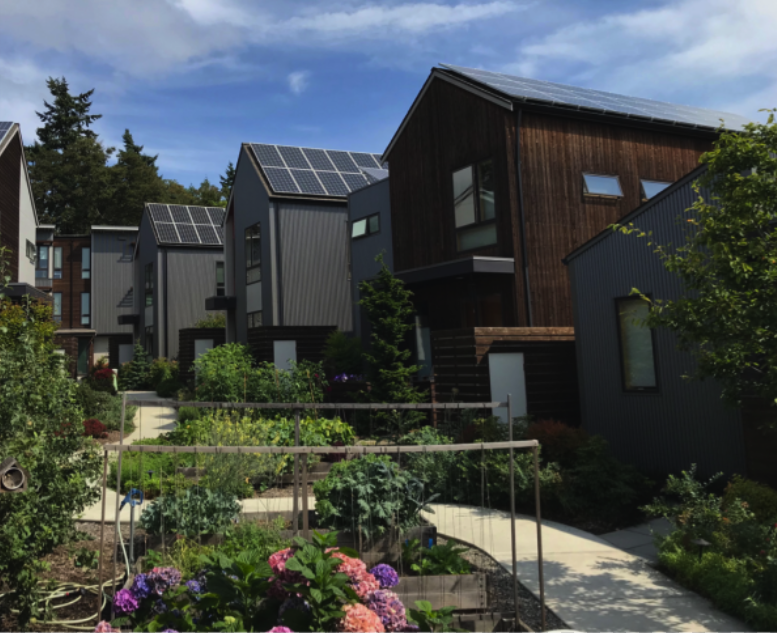City Know-hows

The ‘runnability of cities’ as a novel spatial planning approach can enhance healthier and more enabling environments for everyone.
Share
Target audience
City planners, majors, politicians, local governments and sports agencies
The problem
The significance of healthy environments is gaining greater prominence, especially since the recent Covid-19 pandemic that enhanced the importance of safe and accessible spaces for urban residents. Yet, urban spaces are under pressure and dedicated approaches are needed in order to prioritise space for healthy communities.
What we did and why
We investigated the concepts of healthy environments, healthy cities, contemporary challenges of our cities, healthy communities, and runnable cities to unpack the notion of ‘runnability’ within the spatial planning context. We introduced the notion of ‘runnability’ in context of the perceived attractiveness and qualify of the urban environment. We call for a global runnable cities approach.
Our study’s contribution
This study positions the ‘runnability of cities’ as a spatial planning approach and as a result:
• Enhance global progress towards healthier, enabling environments for all.
• Provides a new perspective to spatial planning and healthy communities
• Showcase case studies where various elements (social, environmental and economic) relevant to runnable cities have been explored.
Impacts for city policy and practice
This research provides a novel approach to city planning through the lens of runnability. By positioning “runnable cities” as a spatial planning objective, significant progress can be made towards the development of healthier and health enabling environments worldwide.
Further information
Full research article:
Towards healthier, enabling environments for all: positioning the ‘runnability of cities’ as a spatial planning approach by Jua Cilliers and Slawomir Ledwon
Related posts

A Brazilian study, in Sao Paulo, Brazil, showed important changes in built environments for physical activity, highlighting these chances across different regions of the city,

The global COVID-19 pandemic, with its associated issues of isolation, enhanced hygiene practices and contact tracing brought up a number of issues to the public domain, many of which bordered on the nexus between urban planning and public health. We examine how new ideas concerning the linkages between urban planning and public health revealed by the COVID-19 crisis can be integrated into practice and how we might leverage this knowledge to build more just, healthier and liveable cities.

New research explores how design team professionals manage developers’ risks to integrate health into new urban development